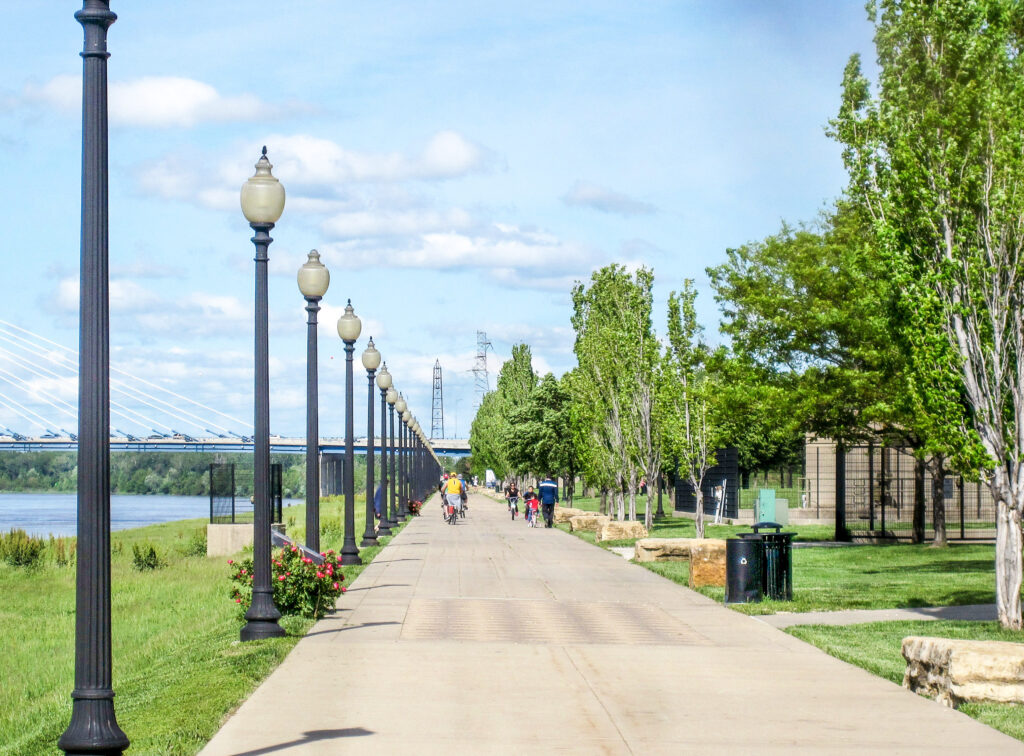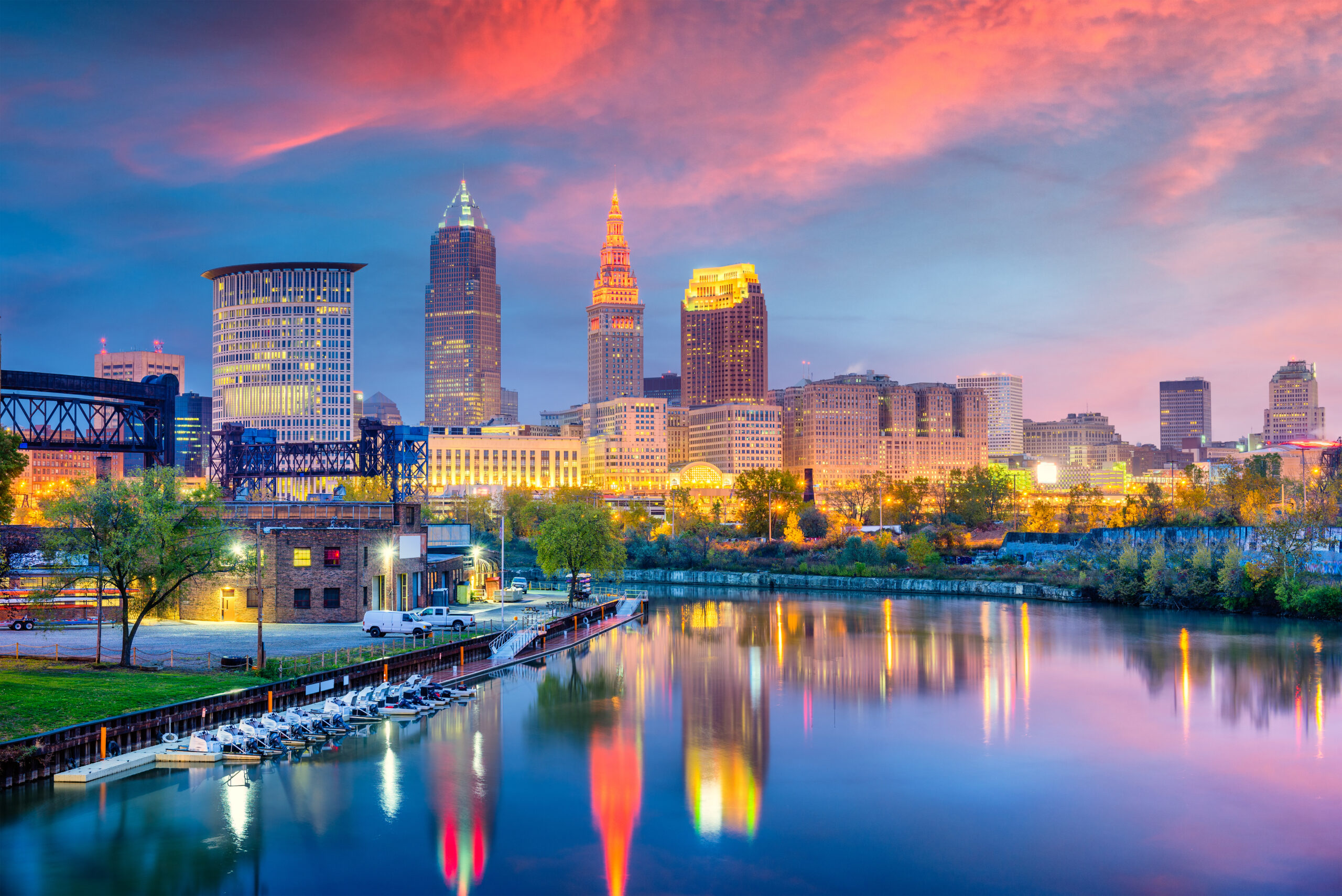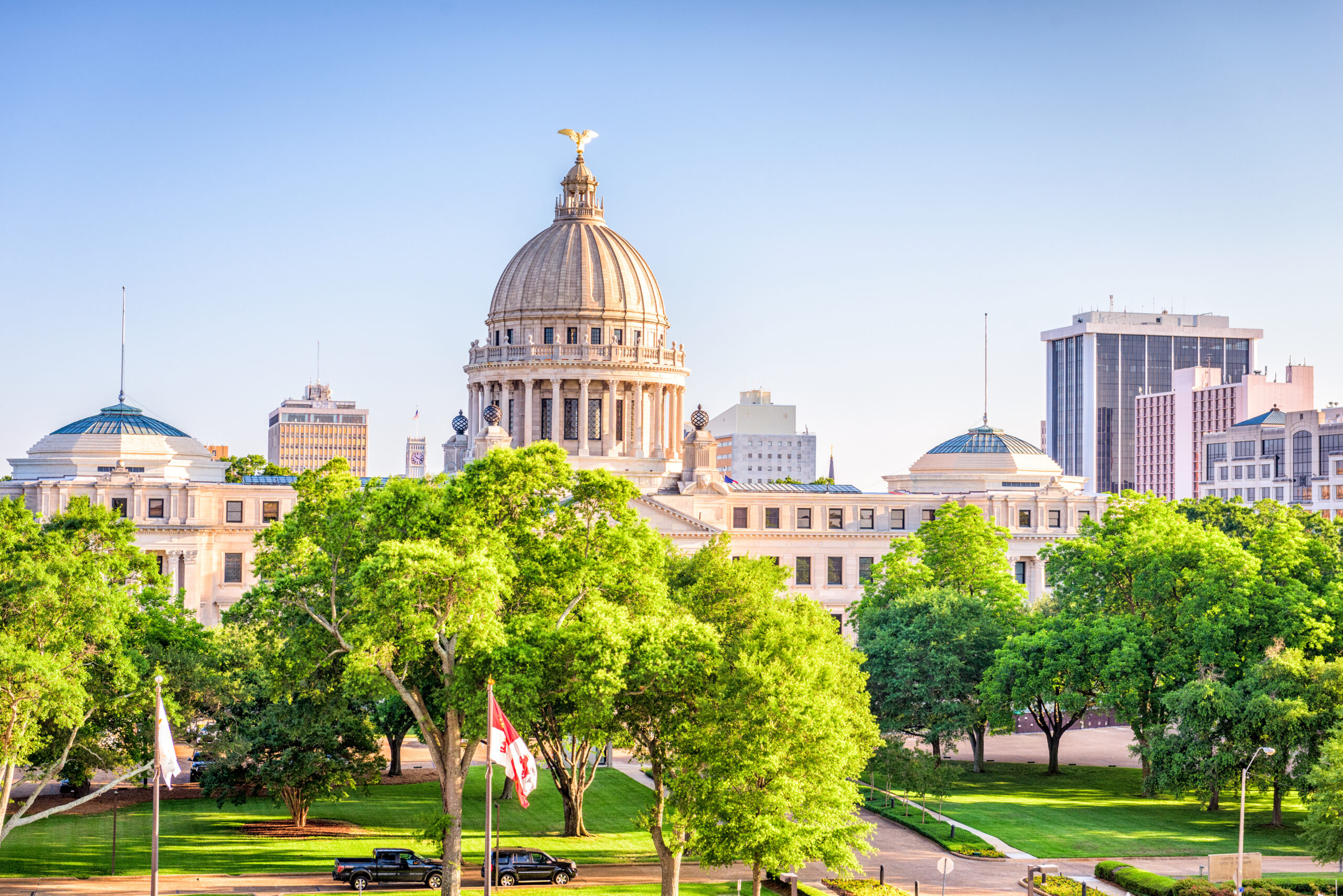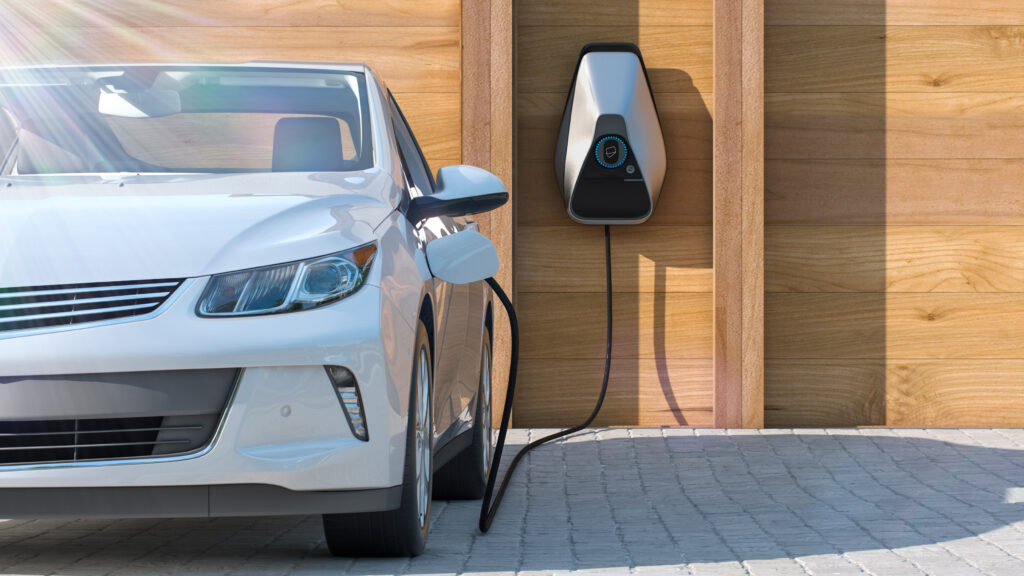
Strengthening Climate Resilience Through Data-Driven Planning
The Unified Government of Wyandotte County and Kansas City, Kansas (UG) is dedicated to addressing climate risks and developing a resilience plan that protects the citizens of Kansas City, Kansas (KCK) and the built environment. This endeavor requires interdisciplinary and intersectional approaches, including culture change strategies to engage stakeholders who... Read more

Energy Efficiency in Water Utilities
The community strives to address the high energy consumption issue within the Sewerage and Water Board of New Orleans (SWBNO). Despite previous efforts to improve energy efficiency, there is still untapped potential for energy savings within SWBNO's facilities. The community is dedicated to reducing energy consumption to operate more cost-effectively... Read more

City-Wide Composting for Environmental Justice
The City of Albuquerque is working towards addressing climate change, equity, resilience, and sustainability through various initiatives. However, there is still a significant amount of work to be done. One area of focus is the potential impact of widespread composting, which is highlighted in both the Food & Agriculture Action... Read more

Funding Infrastructure for a Sustainable Future
Los Angeles County strives to create a sustainable community for its nearly 10 million residents. To achieve this goal, the Chief Sustainability Office (CSO) and the Department of Public Works have formed the Environmental, Sustainability, & Resilience Committee of Infrastructure LA. This committee aims to align individual infrastructure projects with... Read more

Reducing the Utility Burden on Frontline Communities
The community in King County is grappling with the issue of energy justice, particularly for marginalized groups, including BIPOC, immigrant, refugee, and LGBTQIA+ communities. The King County Strategic Climate Action Plan (SCAP) specifically highlights these concerns, focusing on reducing the energy and utility burden on frontline communities, expanding renewable energy... Read more

Designing an Inclusive, Accessible, and Green Lakefront
The community in Northern Cleveland is trying to solve the lack of equitable access to green space, particularly for BIPOC (Black, Indigenous, and People of Color) residents. Despite the shoreline on Lake Erie offering natural amenities and recreational areas, it is cut off from the city by railroads, a highway,... Read more

Economic and Environmental Resilience in a Historic Black Community
The Jackson, Mississippi, community faces two interconnected challenges: the decline of the Farish Street Historic District and the impact of climate change exacerbating the underinvestment in the area. Once a thriving Black Wall Street, the district has suffered from a loss of businesses and infrastructure due to White Flight and... Read more

Engaging the Community in Building Resilience
San Leandro is a small city in the San Francisco Bay Area with a population that is predominantly people of color and foreign-born. The city is vulnerable to climate change impacts, and to address this, it has implemented a Tree Master Plan and is developing a resilience hub network. The... Read more

Advancing Equitable Strategies for Vehicle Electrification
The City of New Orleans has set an ambitious goal of reducing greenhouse gas emissions by 50% by 2035 and achieving net-zero emissions by 2050. Since transportation is responsible for 44% of the city's GHG emissions, the City aims to transition 75% of its fleet to low- or no-emission vehicles... Read more

Designing a Sustainable Solution to Waste Management
The City of Durham is committed to investing in and engaging with historically excluded low-wealth and communities of color through the Equitable and Green Infrastructure Program (EGI). The City plans to deploy infrastructure solutions that address disparities and promote environmental justice, including $50 million worth of potential projects in 2021.... Read more
